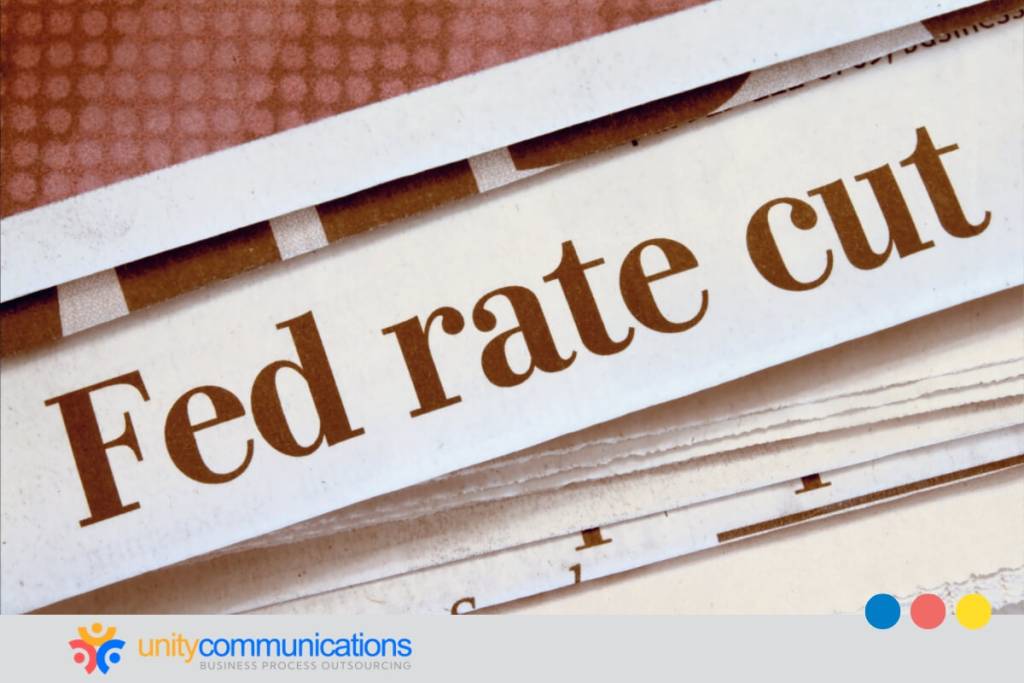The Federal Reserve has lowered interest rates for the first time this year, cutting its benchmark rate by 25 basis points to 4% to 4.25%. The move comes as the economy grapples with slowing job growth, stubborn inflation, and growing political pressure from the Trump administration.
Beyond monetary policy, these converging policy changes create unprecedented challenges for businesses navigating both domestic economic uncertainty and evolving international labor strategies.
Fed balances weak labor data with rising inflation
The rate cut follows months of mixed signals. In August 2025, only 22,000 jobs were created, while June showed an outright loss of 13,000. Meanwhile, inflation remains elevated. The Personal Consumption Expenditures (PCE) index rose to 2.6% in July, and core PCE climbed to 2.9%.
Fed Chair Jerome Powell acknowledged the risks but emphasized the need for flexibility. He noted that the balance of risks has shifted toward employment, while cautioning that additional rate cuts are not guaranteed. Fed officials projected up to two more cuts this year, though internal divisions persist.
The decision came amid sharp criticism from President Trump, who accused Powell of being “too late” on rate cuts. Markets largely anticipated the move, with the CME FedWatch tool pricing in a 96% chance of a quarter-point reduction.
Policy shifts add new strains: OPT and HIRE Act
While the Fed works to balance jobs and inflation, new federal policy changes are adding challenges for U.S. businesses.
Under updated tax rules, employer stipends and support costs for the optional practical training (OPT) program, which allows international students to work in the U.S. after graduation, will now be treated as taxable benefits. Industry groups caution that this shift could increase hiring costs for tech and healthcare companies that depend heavily on global talent.
Meanwhile, Senator Bernie Moreno introduced the Halting International Relocation of Employment (HIRE) Act. The bill draws attention as it proposes a 25% excise tax on outsourcing payments to foreign service providers and would eliminate tax deductions for those expenses.
Analysts warn the law could raise outsourcing costs by nearly 60%, particularly affecting U.S. firms with global capability centers in India, the Philippines, and Eastern Europe.
Business leaders warn that higher outsourcing costs and reduced access to foreign-trained graduates could intensify labor shortages just as AI and automation are reshaping workforce requirements. JPMorgan Chase CEO Jamie Dimon has emphasized that while AI may improve productivity, some jobs will be lost, making access to skilled talent even more critical.
For Powell and Federal Reserve policymakers, the economic balancing act has become increasingly complex. While the rate cut provides short-term monetary stimulus, proposed legislative changes to international business operations could create new inflationary pressures and complicate the central bank’s dual mandate of price stability and full employment.
Read more Unity Communications and industry news on our main BPO News page.
BBC News. (2025, September 17). Fed Lowers Key U.S. Interest Rate by 0.25 Points in First Cut this Year. Retrieved September 24, 2025, from https://www.bbc.com/news/live/cx2xe98r4wrt
National Immigration Forum. (2025, September 18). Bill Analysis: Halting International Relocation of Employment (HIRE) Act. Retrieved September 24, 2025, from https://forumtogether.org/article/bill-analysis-halting-international-relocation-of-employment-hire-act/







